Bank of England’s decision to keep interest rates at 4% is not all doom and gloom
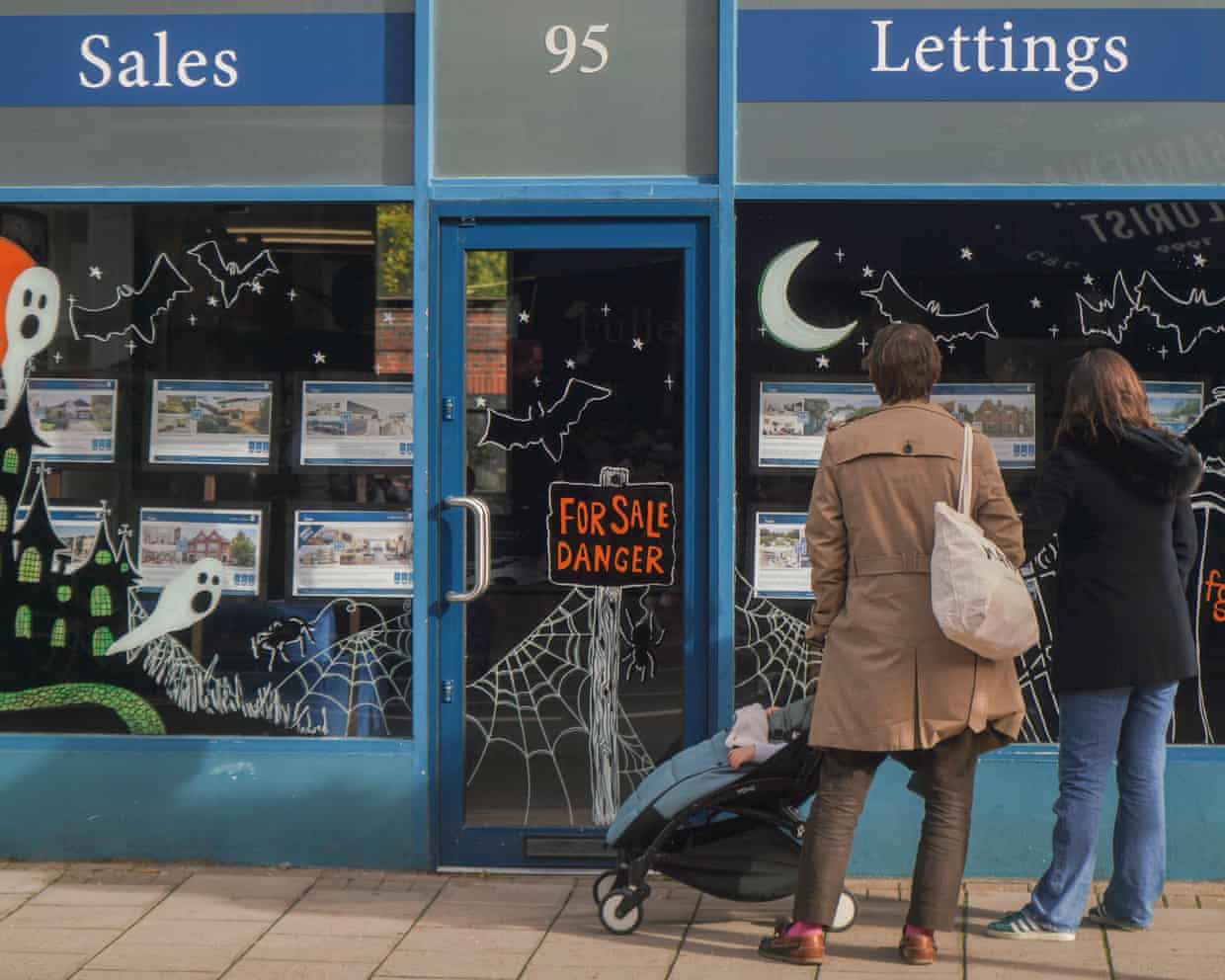
There were reasons to be cheerful contained within the Bank of England’s latest verdict on the outlook for the UK economy, released alongside its decision to leave interest rates unchanged at 4%.Inflation, it said, had peaked at 3.8% and was expected to fall steadily back to the Bank’s 2% target sometime in 2027.That is an improvement on its thinking in August (the last time it published forecasts), when inflation was expected to peak at 4%.As inflation falls, economic growth picks up from 1.
5% this year to 1.8% by 2028.In the meantime, members of the central bank’s monetary policy committee (MPC) signalled that rates could fall from 4% now to a possible 3% by 2028.That would still be well above the prolonged period of ultra-low rates that mortgage borrowers had become accustomed to in the aftermath of the 2008 financial crisis, when rates fell from 5.5% at the beginning of that year to just 0.
5% in March 2009.The next cut in interest rates could come in December, providing some Christmas cheer for borrowers and coming sooner than financial markets had previously expected.Given the expected slide in inflation and a weakening jobs market, it might be surprising that a cut was ruled out this month – and it was a close-run vote.The Bank’s governor, Andrew Bailey, proved to have the decisive vote, making it five members in favour of holding rates at 4% and four in favour of a cut to 3.75%.
Bailey’s decision was most likely based on three factors.The first was that a rate cut today might have been seen as politically helpful for Rachel Reeves in the run-up to her budget later this month.Bank officials do not want to get mixed up in political ding-dongs, especially when Nigel Farage has questioned why the Bank of England should exist in its current form.A budget can also change the economic arithmetic.All the signalling from the chancellor has been that in the short – term at least, the budget will include quite chunky tax rises, which will only dent consumer demand and bring down inflationary pressures.
But Bailey would prefer to wait and see how the mix of budget policies, which could be many, will affect the central bank’s calculations,And there is the reputation of the Bank of England as a bulwark against inflation – no ifs, no buts,Bailey guards this reputation closely,In the current climate, the governor might feel the Bank needs to be considered extra tough on inflation,After all, we live in a world of populist politicians at both ends of the political spectrum who demand low interest rates as an easy way to improve their popularity ratings.
The US Federal Reserve is considered in many parts of the financial services industry to have caved in to Donald Trump by signalling a more relaxed attitude to high and rising inflation.Bailey will not want to follow suit.Of course, this is all speculation.Bailey’s official statement said he needed to be sure “that inflation is on track to return to our 2% target” before voting for another cut.Sign up to Business TodayGet set for the working day – we'll point you to all the business news and analysis you need every morningafter newsletter promotionBut this interpretation of Bailey’s decision this month and likely change of heart in December appears to be well founded when set against his comments in recent months.
As for Reeves, if she can navigate the budget and its aftermath, the Bank’s forecasts show that there are sunny uplands ahead.Next year will be bumpy, with growth slowing to 1.2%, but from 2027 there is a steady expansion that should boost tax receipts and allow the chancellor to ease some of the spending cuts she has pencilled in for the second half of the parliament.There is always the chance this benign outlook could be blown off course, but the Bank’s assessment holds out the prospect of better times ahead.
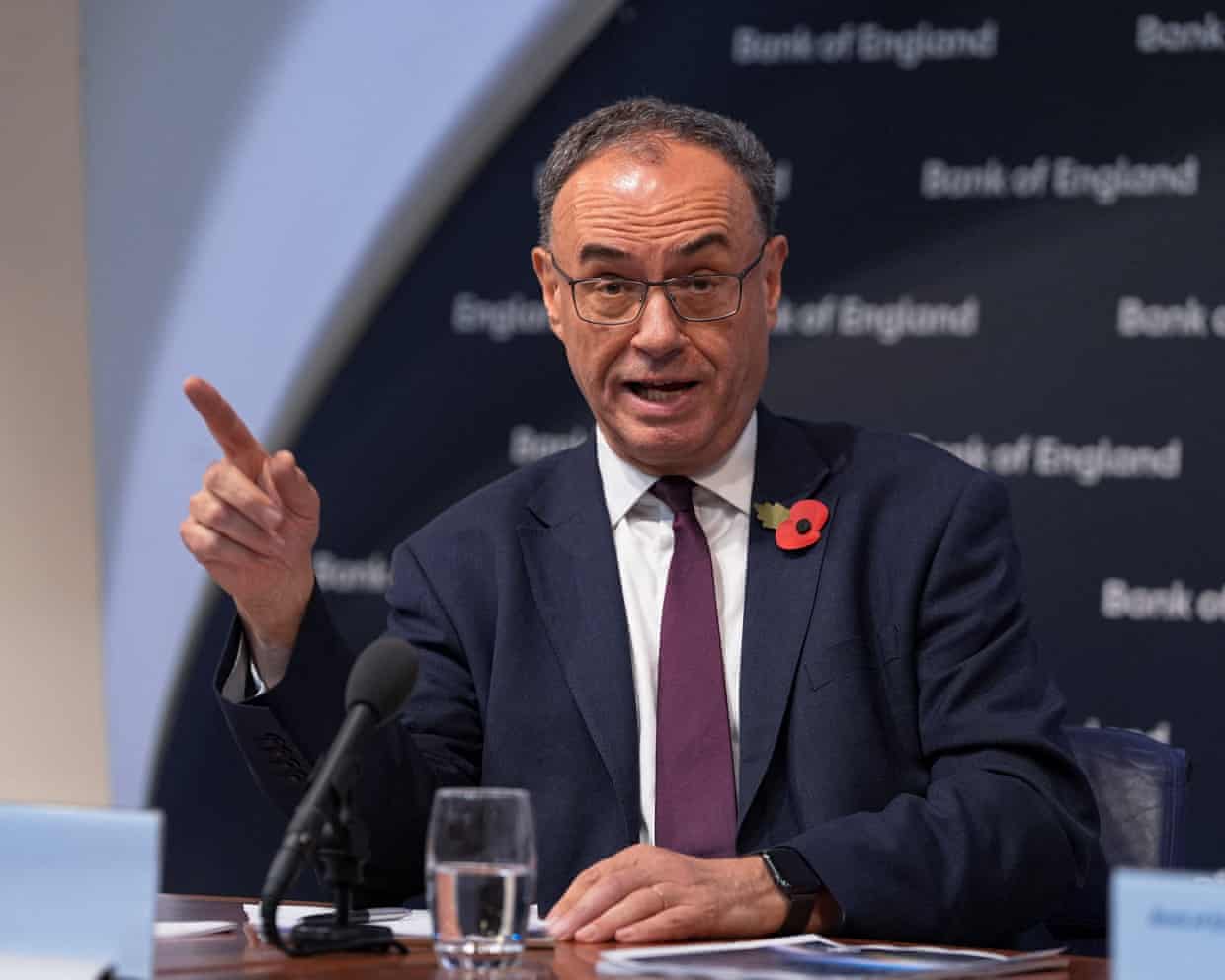
Bank of England says UK inflation has peaked after leaving rates at 4%; US job cuts jump as firms turn to AI – as it happened
Newsflash: The Bank of England believes the recent rise in UK inflation is over.Announcing today’s decision to leave interest rates on hold, the Bank declares “CPI inflation is judged to have peaked.”UK inflation has been recorded at 3.8% in July, August and September – and the Bank is expressing confidence that the process of ‘disinflation’ isn’t over.Its latest Monetary Policy Report, just released, predicts that inflation is likely to fall to close to 3% early next year before gradually returning towards to the 2% target over the subsequent year
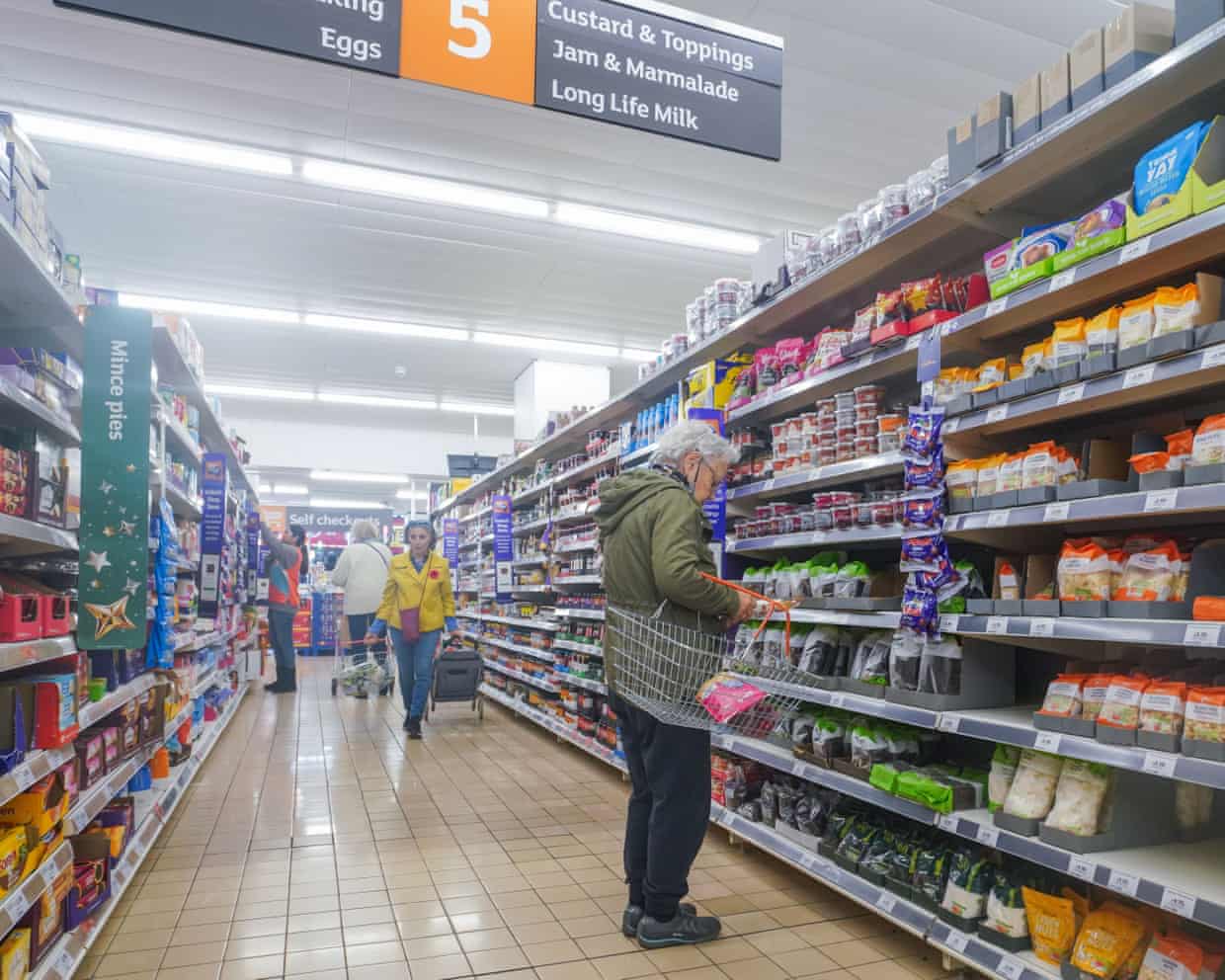
Sainsbury’s says shoppers are delaying spending in run-up to budget
The boss of Sainsbury’s has urged Rachel Reeves not to fuel inflation with tax rises on retailers and their suppliers and says shoppers are delaying spending in the lead-up to her budget later this month.Simon Roberts, the chief executive of the UK’s second biggest supermarket, which also owns Argos and Habitat, said his customers were “going to be cautious on discretionary spending, not least because of uncertainty out there and [household] budgets are tight”.He said Argos had launched its deals for the Black Friday promotional event earlier than last year to try to tempt out shoppers as it was seeing “some delayed spend” while households waited to see if they would have to pay more tax.Roberts said it was not clear if food price inflation had peaked, adding: “The inflationary pressures on cost base have been significant this year … What we don’t want to see [in the budget] is further impacts that may cause further inflation.“No one wants to see inflation go any higher

Bank of England’s decision to keep interest rates at 4% is not all doom and gloom
There were reasons to be cheerful contained within the Bank of England’s latest verdict on the outlook for the UK economy, released alongside its decision to leave interest rates unchanged at 4%.Inflation, it said, had peaked at 3.8% and was expected to fall steadily back to the Bank’s 2% target sometime in 2027. That is an improvement on its thinking in August (the last time it published forecasts), when inflation was expected to peak at 4%.As inflation falls, economic growth picks up from 1
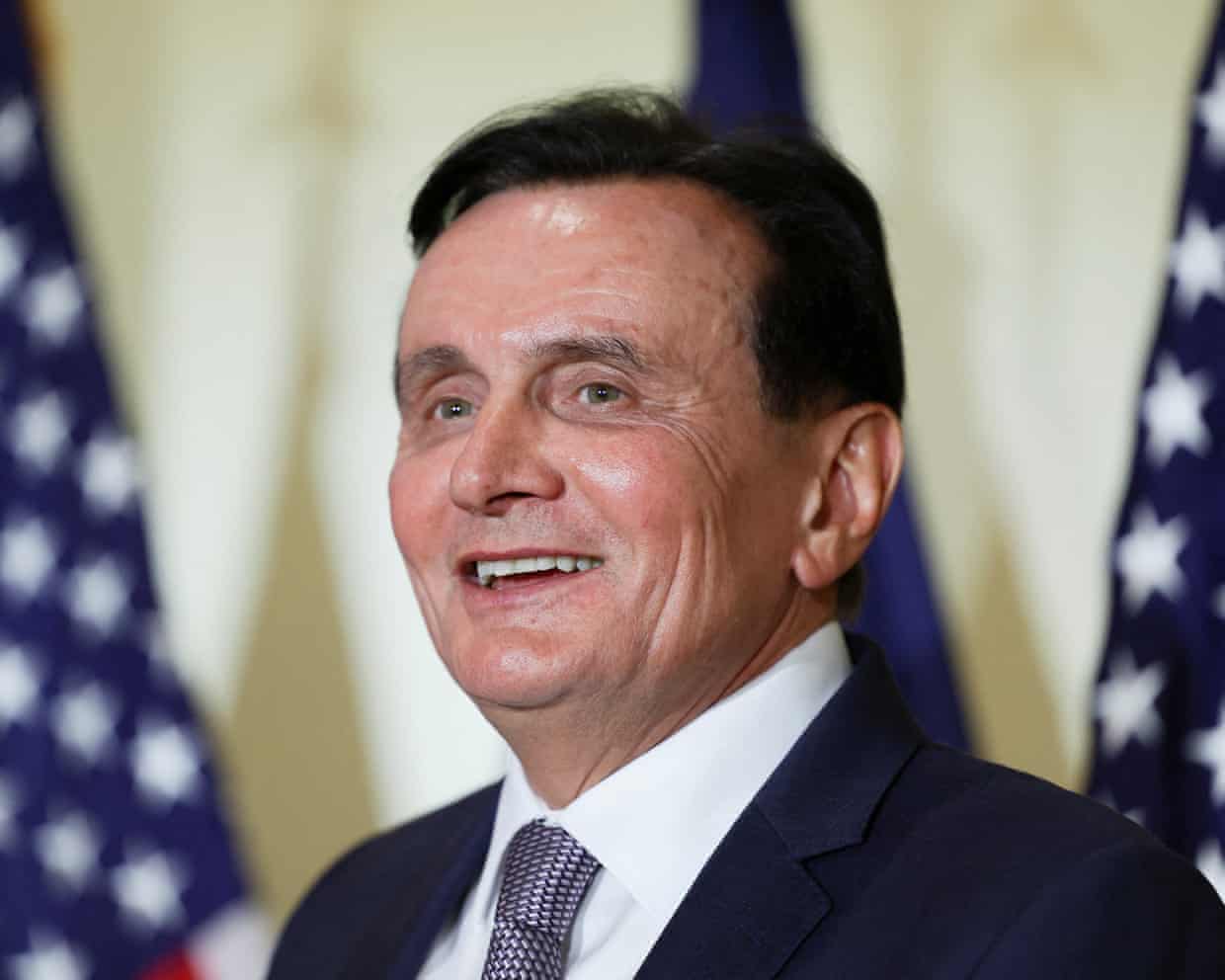
NHS won’t get cutting-edge drugs unless it pays more, says AstraZeneca boss
The boss of AstraZeneca has said that unless the UK ramps up spending on new drugs, it could be on a trajectory to only being able to afford cheap, generic medicines rather than cutting-edge treatments.Pascal Soriot made the remarks amid an acrimonious standoff between the pharmaceutical industry and the government over drug pricing, which has been blamed for drugmakers pausing or ditching nearly £2bn of investments in the UK this year.Britain has been heavily criticised by pharma executives, as well as high-profile scientists such as Sir John Bell, for not spending more on medicines, putting it out of line with other countries.“To say that countries will only be able to afford generics [drugs] is only an extreme case,” Soriot said on Thursday, emphasising that “it’s not the case today of course, but if things continue to deteriorate the way they do … it is actually possible that it happens over time, if the ongoing trend that has been in place for 15-20 years doesn’t change.”Soriot noted that the National Institute for Health and Care Excellence (Nice) cost-effectiveness thresholds for new drugs had not changed for two decades, “and we’ve had a lot of inflation in the last five years”
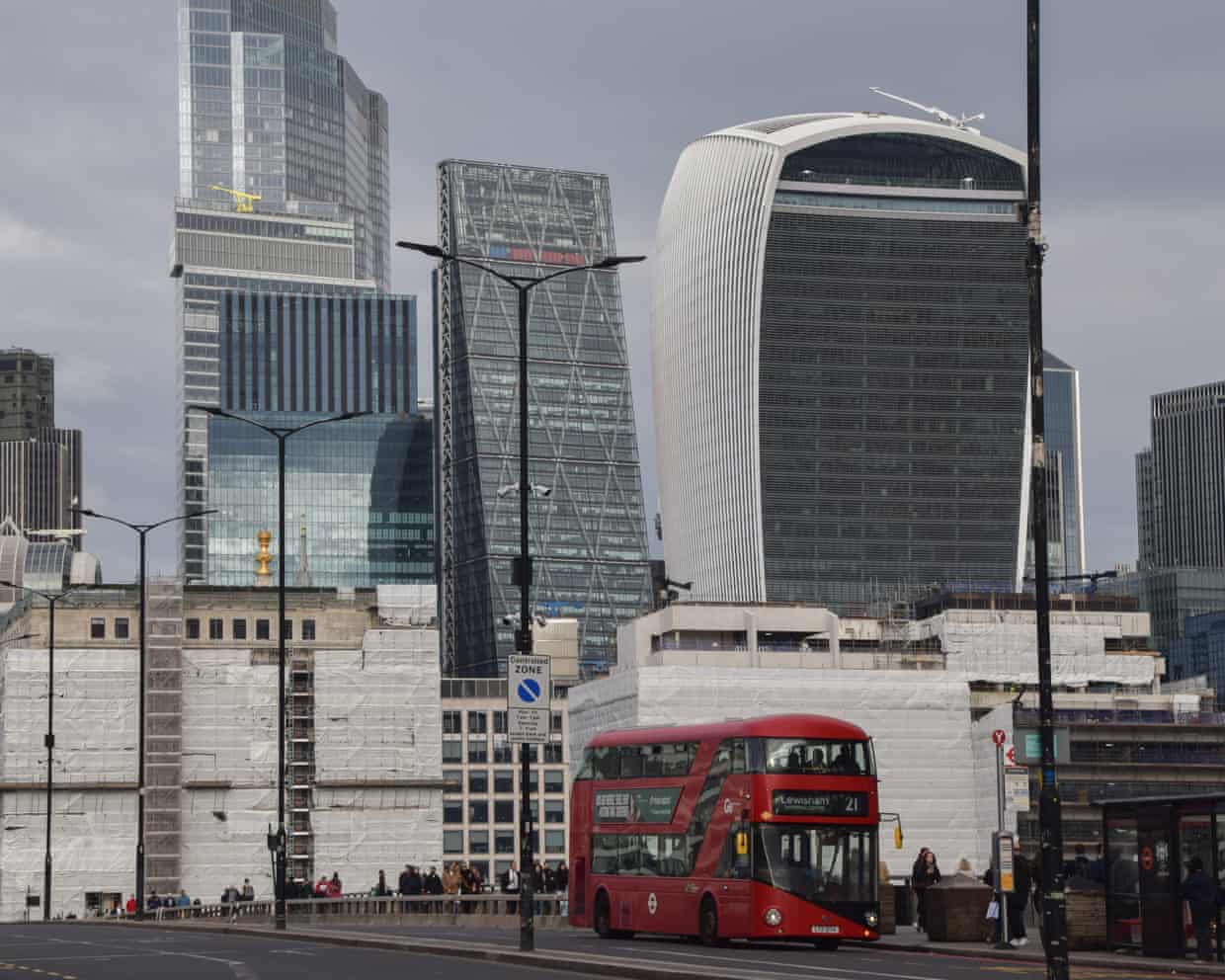
Banks poised to escape tax rises in Rachel Reeves’s budget
The chancellor has decided against increasing taxes on banks in this month’s budget, according to reports, which sent UK bank shares higher on Thursday.Shares in the high street banks NatWest and Lloyds rose by about 2%, putting them among the top risers on London’s FTSE 100.Despite speculation in the run-up to the 26 November budget, Rachel Reeves has reportedly told colleagues that she does not intend to impose further taxes on the UK banking sector, as she wants it to remain competitive to help support economic growth, according to the Financial Times.Banks currently pay a corporation tax rate of 28%, which includes a 3% surcharge on top of the standard corporation tax rate of 25%.Fresh calls for a new tax raid on lenders were raised in August in a paper by the Institute for Public Policy Research thinktank, which calculated such a move could raise as much as £8bn
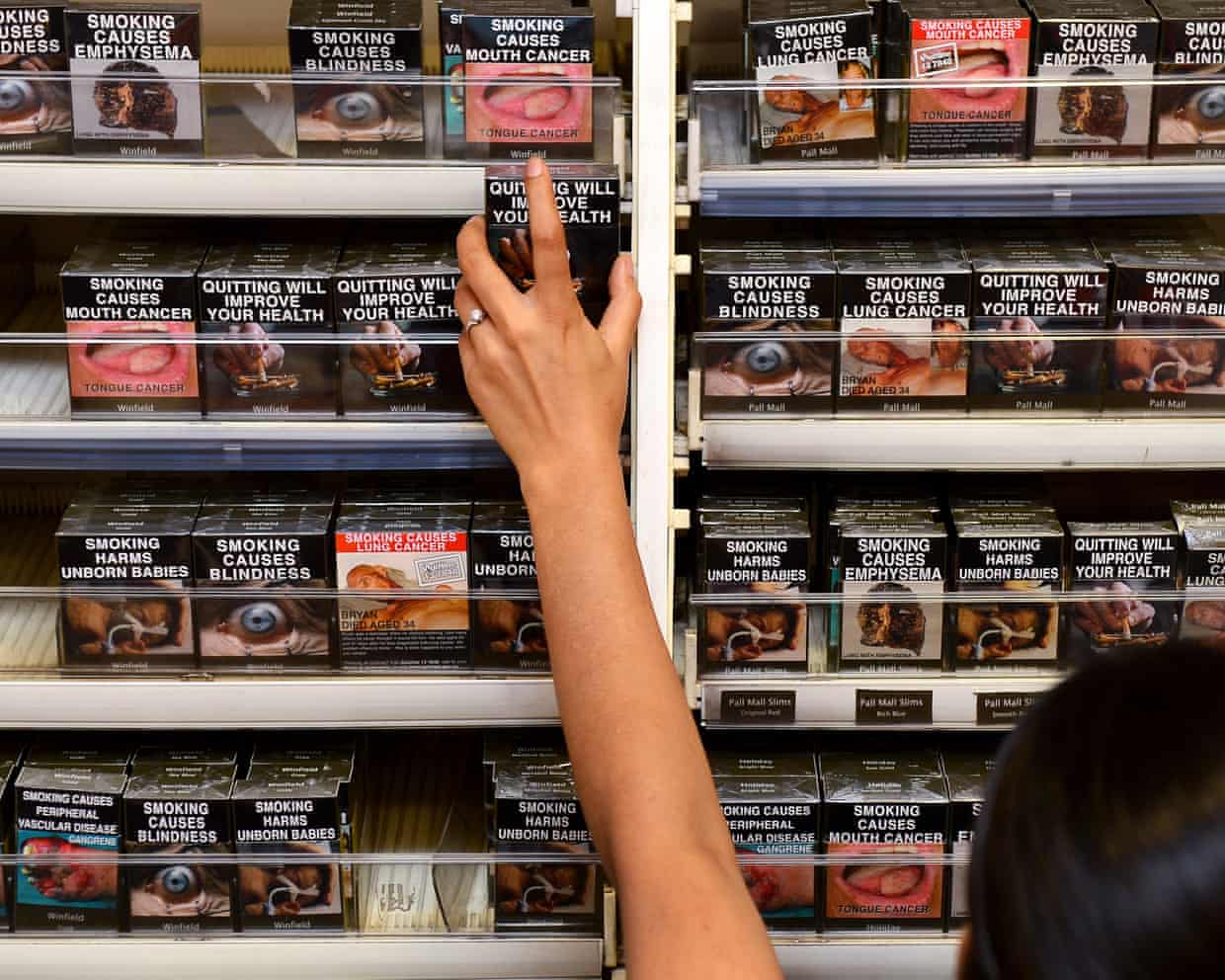
Illegal tobacco burns $3.3bn hole in Australia’s tax revenue, crime agency says
The illegal tobacco market has left a $3.3bn hole in the federal government’s finances, with Australia’s national criminal intelligence agency warning organised crime’s dominance of the market is continuing to grow.The Australian Taxation Office believes the illegal trade now accounts for one in five tobacco sales, which has led to reduced tax revenues despite the government’s excise on legal cigarettes reaching almost $30 for a pack of 20 sticks in September. The excise has increased almost eightfold since 2006, when it was $4.65
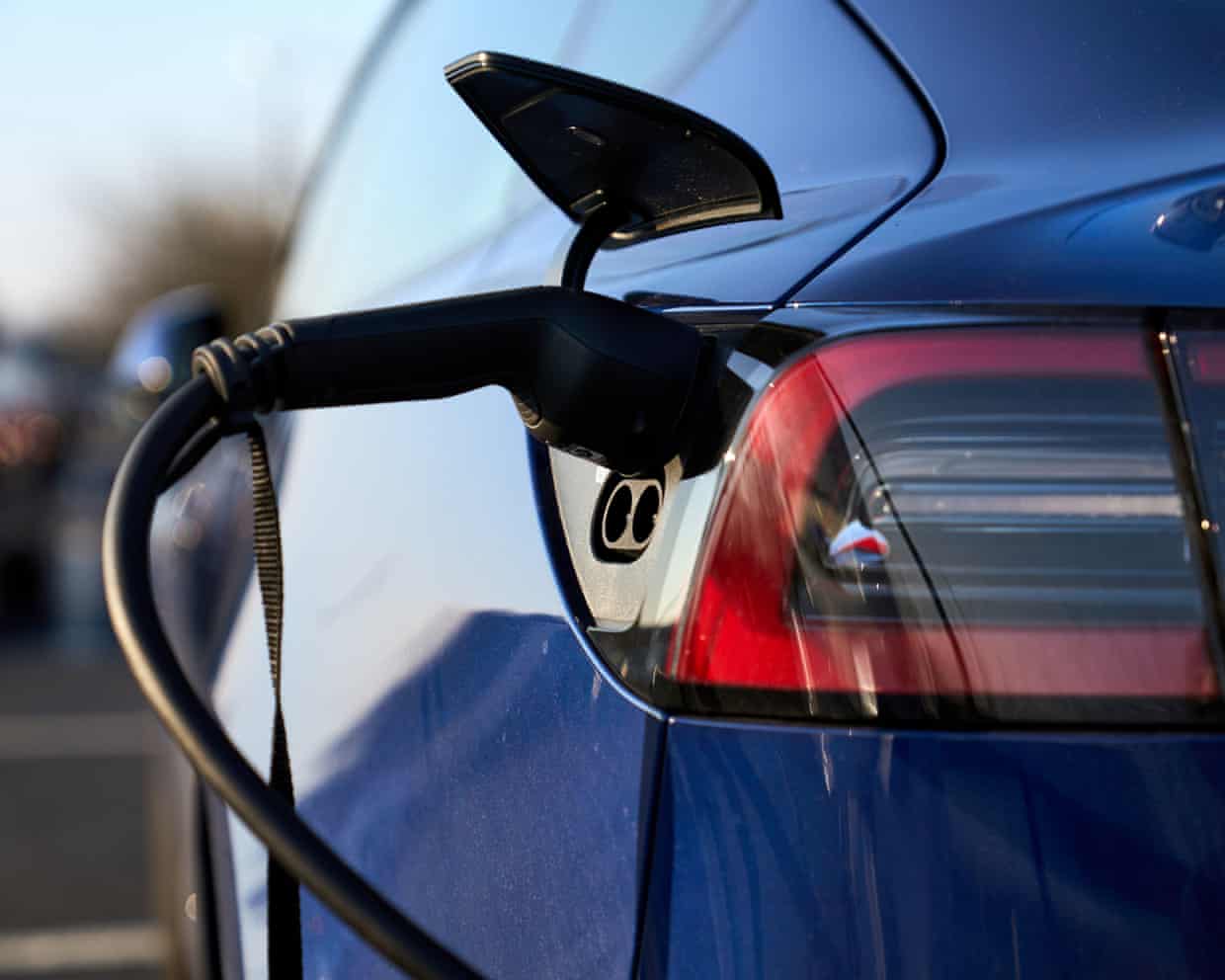
Ignore the howls around pay-per-mile, chancellor. We can’t afford not to tax electric cars
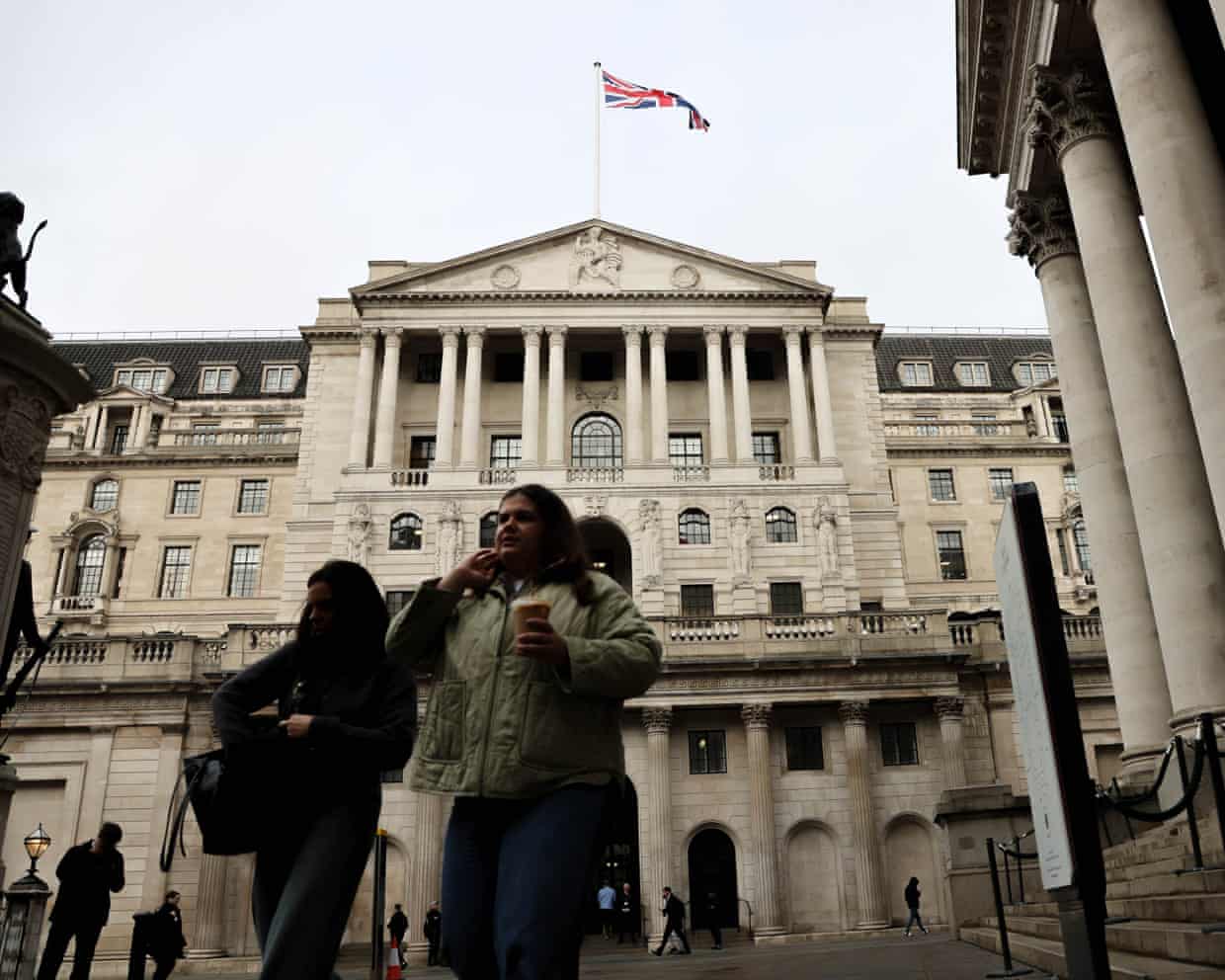
Bank of England opens door to December rate cut as it signals inflation has peaked
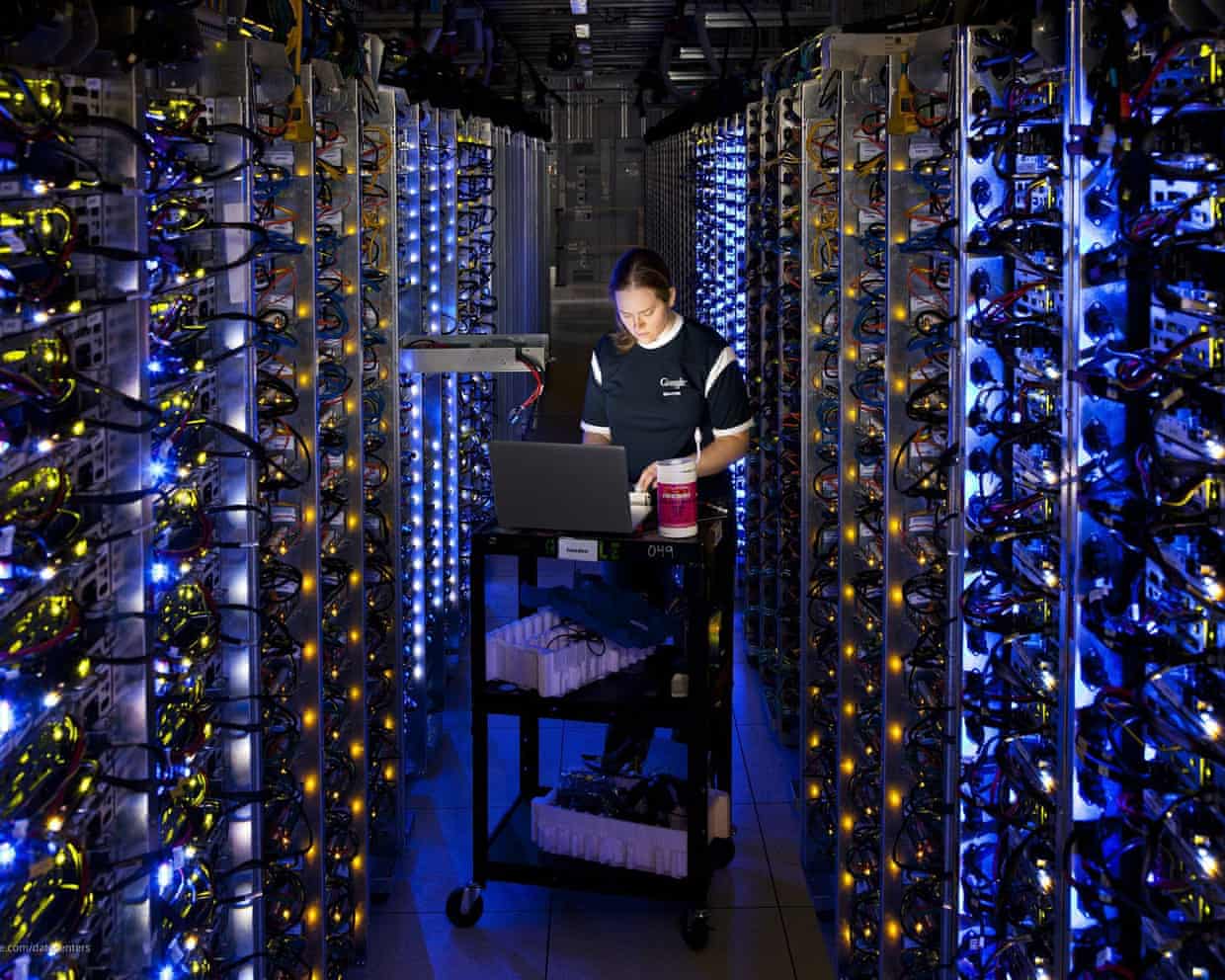
Google plans to put datacentres in space to meet demand for AI

LOL: is this the ultimate texting faux pas (and what should you use instead)?

WTA Finals tennis: Jessica Pegula beats Jasmine Paolini, Aryna Sabalenka v Coco Gauff – as it happened

Reece Walsh lives up to star billing to become toast of English rugby league